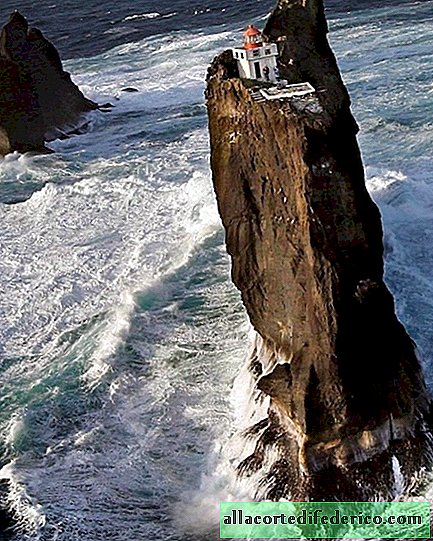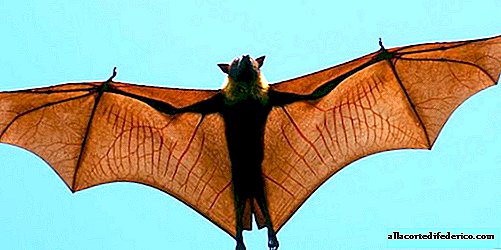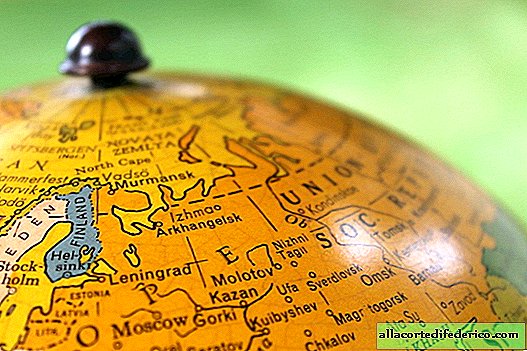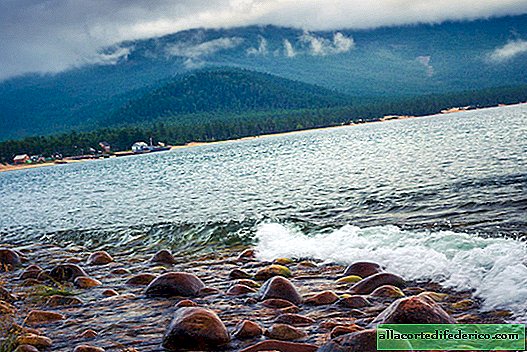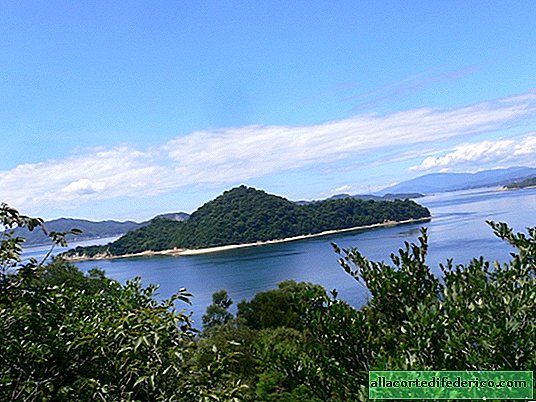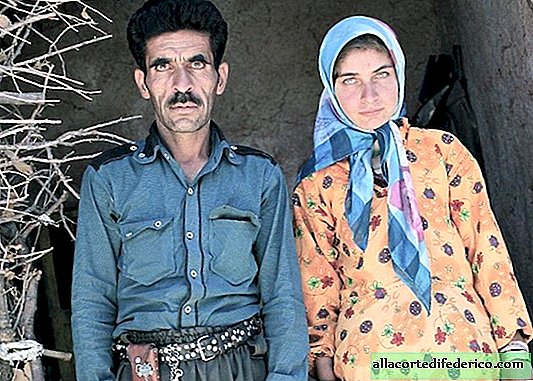Why do dolphins help people fish?
In the southern part of Brazil, on the sea coast there is a small town called Laguna. It is interesting in that there is a unique relationship between wild animals and humans. During the migration of mullet, local fishermen go out on the bay coast in the morning and wait patiently, peering into the distance to the ocean. And now, like a hundred years ago, bottlenose dolphins swim to the bay. They drive a large flock of mullet directly to the shore. When the right moment comes, dolphins give fishermen special signs: they nod their head, emerge to the surface or hit their tail in the water. Fishermen are rapidly throwing nets to meet their luck. But what about dolphins? Why for almost 200 years has this population of dolphins been helping the inhabitants of the Lagoon to fish? Maybe it entertains them or they compete with each other in speed? Or are they trying to catch fish in this way, but, swimming deep into the bay, are afraid to get aground and stop in dismay?

Cases of interesting symbiosis of humans and dolphins are known in other places of our planet. So, for example, the natives of Australia, living on the coast, use the similar help of dolphins when they fish. The Black Sea fishermen have repeatedly caught horse mackerel and mullet with the help of dolphins, which drove the fish into a trap near the shore. It turns out that such cooperation has been more than one thousand years old. Even the fishermen of ancient Hellas called dolphins by blows of stones underwater when they noticed fish off the coast. And they gladly sailed, driving their prey directly into the network of fishermen, receiving a reward for this as part of the catch.

Brazilian scientists studied the unusual behavior of dolphins near the city of Laguna for several years and came to the conclusion that bottlenose dolphins in this way not only help people, but they themselves get food with less cost. It turns out that the fish trapped in a panic rushes about and jumps out of the water. And the fish that escaped the net gets straight to dolphins for breakfast. Of course, these intelligent mammals can perfectly get their own food without humans. But, as scientists believe, dolphins get emotional satisfaction from the process. It turned out that not all dolphins in this population seek to help people catch fish. This feature has only part of the pack. Moreover, helper dolphins are more interested in the individuals of their group and keep somewhat separate from the rest of the population. Communication skills with people and participation in the hunt are also transmitted to their descendants. Experts suggest that this feature can be fixed genetically, and conduct further research in this direction.
Brazilian fishermen also pass on co-fishing experience from generation to generation. People are so kind to their assistants that they even call them by their names and distinguish them from each other. And if by accident the dolphin enters the net along with the fish, then it does not panic at all, does not break free, but patiently waits for people to come up and release it. He knows for sure that the fishermen will not harm him.
And while scientists are looking for the genetic prerequisites for this phenomenon, the fishermen of the Lagoon go out to sea in the morning to, as always, with the help of their faithful helpers, catch fish.



